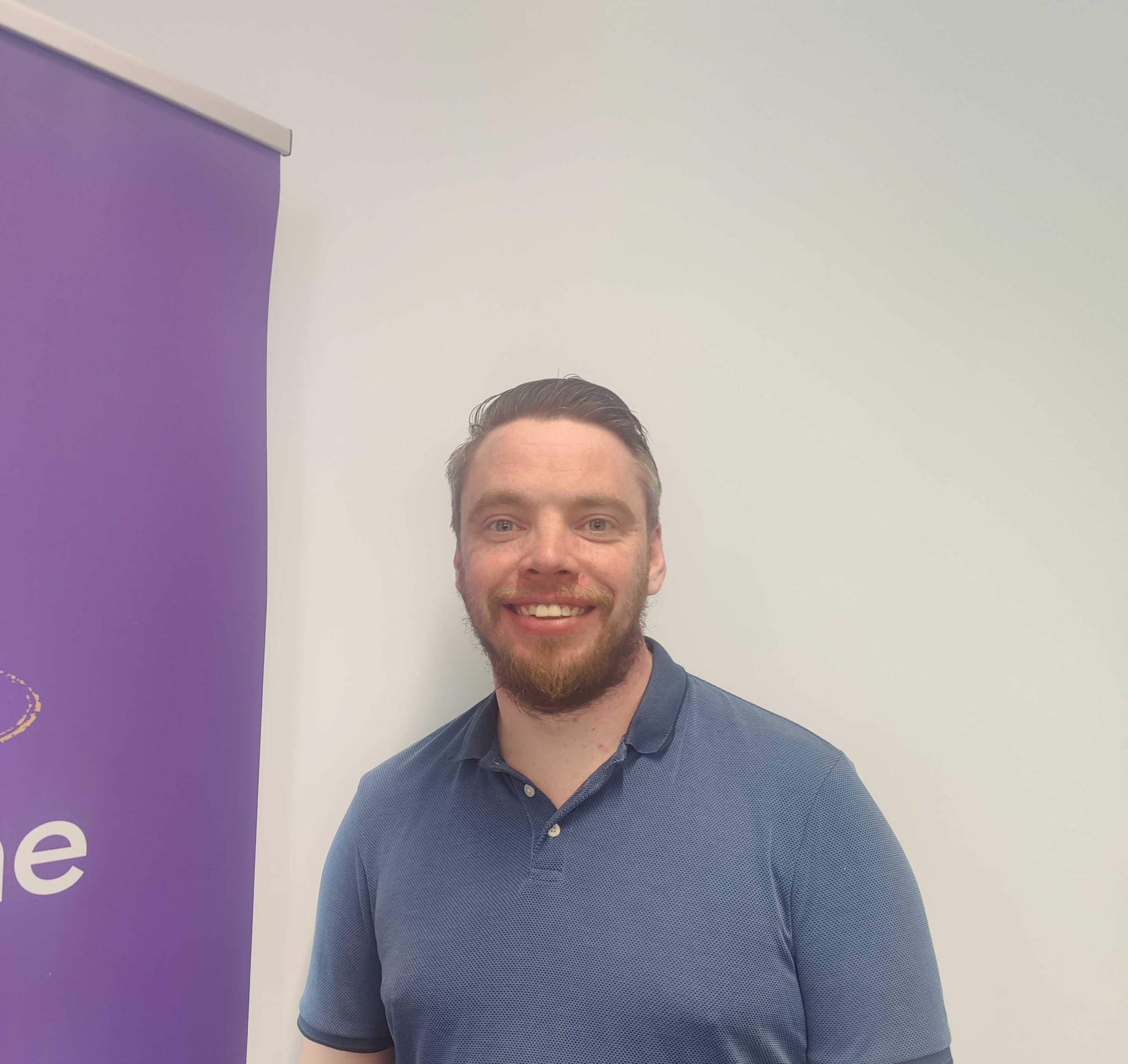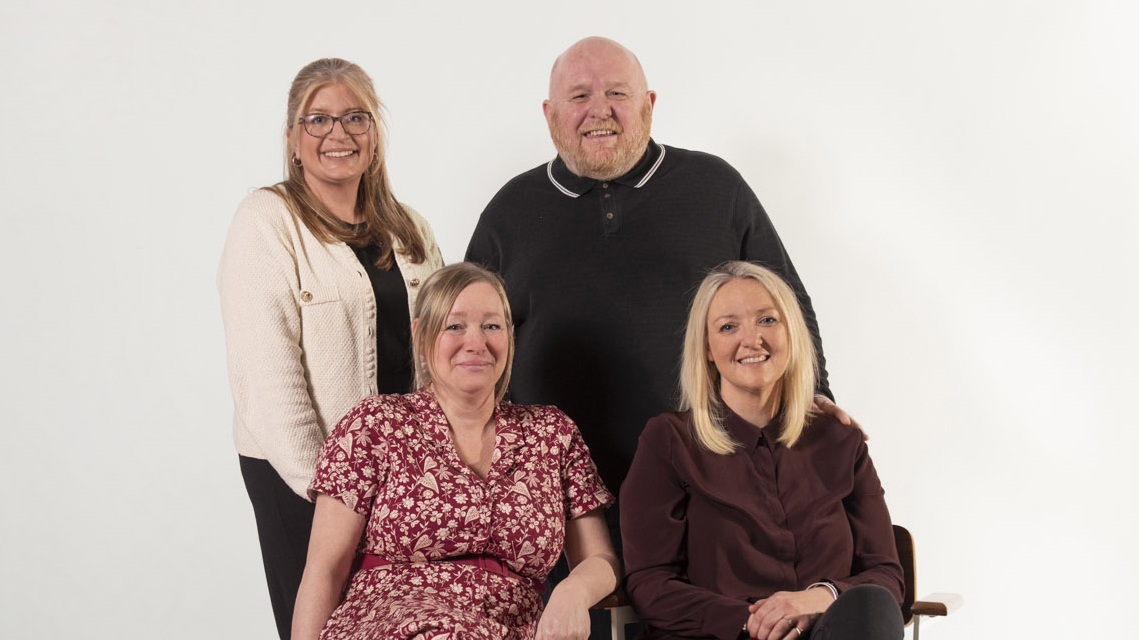
Stephen Paul
Customer Service Lead
Stephen Paul is our Customer Operations Lead. He ensures our teams are on top of your questions and issues. Whether you’re one of our clients or part of our workforce, his team is here to listen, solve problems, and get you the answers you need. They’re all about clear communication and finding solutions that keep things running smoothly.











